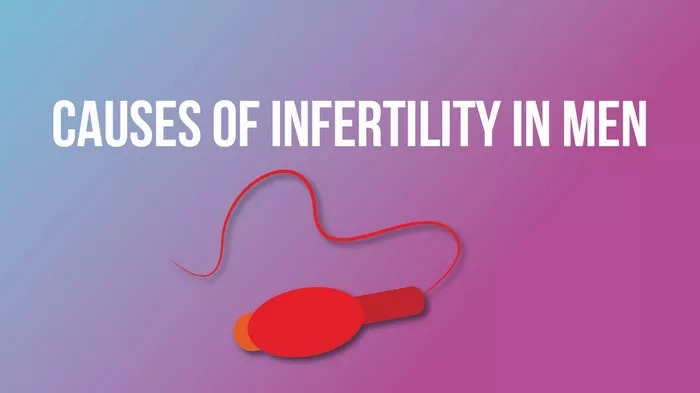Male infertility, a condition affecting millions of couples worldwide, is a significant concern in reproductive health. According to the World Health Organization (WHO), approximately 15% of couples experience infertility, with male factors contributing to about 50% of cases. This underscores the importance of understanding the various factors that can impact male fertility.
Environmental Factors
Environmental factors play a crucial role in male infertility. Exposure to air pollution, chemicals, heat, and certain lifestyle choices can all have detrimental effects on reproductive health. Air pollution, for instance, contains particulate matter and toxic gases that can penetrate the body and disrupt hormonal balance. Chemicals found in pesticides, plastics, and household products may also interfere with sperm production and function. Additionally, prolonged exposure to high temperatures, such as sitting for long periods or using hot tubs frequently, can impair sperm production.
Impact on Semen Quality
The quality of semen, which includes sperm concentration, motility, and morphology, is essential for male fertility. Environmental factors can significantly affect semen quality, leading to reduced fertility potential. Studies have shown that exposure to air pollution and harmful chemicals is associated with decreased sperm count, impaired motility, and abnormal sperm morphology. These changes can compromise the ability of sperm to reach and fertilize the egg, thereby reducing the chances of conception.
Scientific Studies
Recent scientific studies have provided compelling evidence of the correlation between environmental factors and declining sperm quality. A study published in the journal Environmental Health Perspectives found that men exposed to high levels of traffic-related air pollution had lower sperm motility and higher DNA damage in their sperm. Another study published in the journal Human Reproduction demonstrated a link between pesticide exposure and decreased sperm concentration and motility. These findings highlight the need for further research to understand the mechanisms underlying the impact of environmental factors on male fertility.
Preventive Measures
Despite the challenges posed by environmental factors, there are steps individuals can take to mitigate their effects on male fertility. Making lifestyle changes such as maintaining a healthy diet, exercising regularly, and avoiding tobacco and excessive alcohol consumption can improve overall health and reproductive function. Additionally, minimizing exposure to environmental toxins by using organic products, reducing air pollution exposure, and avoiding prolonged heat exposure can help preserve semen quality and enhance fertility.
Medical Advice
While lifestyle modifications can be beneficial, it is essential for individuals experiencing infertility to seek professional medical advice. A healthcare provider specializing in reproductive medicine can conduct comprehensive evaluations to identify underlying causes of infertility and recommend appropriate treatment options. This may include assisted reproductive technologies such as in vitro fertilization (IVF), intracytoplasmic sperm injection (ICSI), or surgical interventions to address specific issues affecting male fertility. A personalized approach tailored to each individual’s needs can optimize the chances of achieving a successful pregnancy.
Emerging Research
The field of male infertility is continually evolving, with ongoing research shedding light on new insights and potential interventions. Emerging studies are exploring innovative techniques such as sperm selection methods to improve the quality of sperm used in assisted reproductive procedures. Additionally, advancements in genetic testing offer opportunities to identify genetic factors contributing to male infertility and develop targeted therapies. By staying informed about the latest research findings, healthcare providers can offer patients the most effective and evidence-based treatments for infertility.
Conclusion
Male infertility is a complex and multifactorial condition influenced by various environmental factors. Understanding the impact of air pollution, chemical exposure, heat, and lifestyle choices on semen quality is crucial for addressing infertility issues effectively. By adopting preventive measures, seeking professional medical advice, and staying informed about emerging research, individuals and couples can take proactive steps towards improving fertility outcomes. Ultimately, a collaborative approach involving healthcare providers, researchers, and individuals is essential for advancing our understanding of male infertility and enhancing reproductive health worldwide.
























